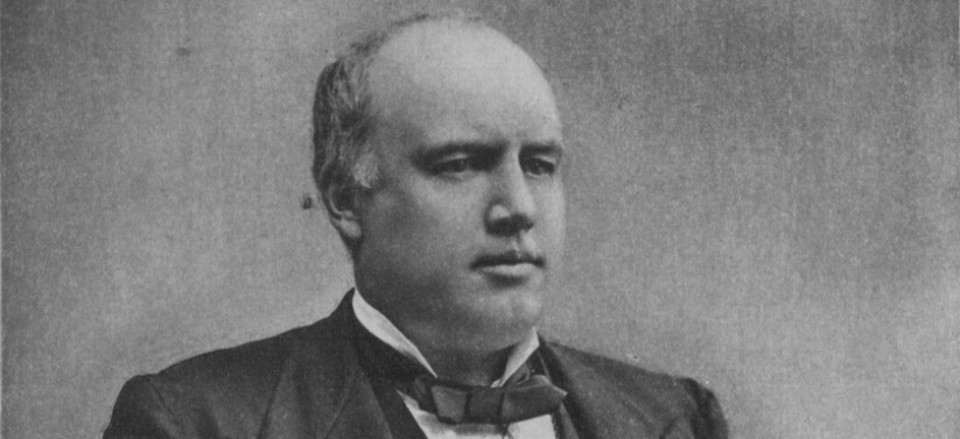Tags
Bible, Christianity, God, Hell, Justice
The dogma of eternal punishment rests upon passages in the New Testament. Around the angel of immortality the church has coiled this serpent. A finite being can neither commit an infinite sin, nor a sin against the infinite. A being of infinite goodness and wisdom has no right, according to the human standard of justice, to create any being destined to suffer eternal pain. A being of infinite wisdom would not create a failure, and surely a man destined to everlasting agony is not a success.
How long, according to the universal benevolence of the New Testament, can a man be reasonably punished in the next world for failing to believe something unreasonable in this? Suppose that every flake of snow that ever fell was a figure nine, and that the first flake was multiplied by the second, and that product by the third, and so on to the last flake. And then suppose that this total should be multiplied by every drop of rain that ever fell, calling each drop a figure nine; and that total by each blade of grass that ever helped to weave a carpet for the earth, calling each blade a figure nine; and that again by every grain of sand on every shore, so that the grand total would make a line of nines so long that it would require millions upon millions of years for light, traveling at the rate of one hundred and eighty-five thousand miles per second, to reach the end. And suppose, further, that each unit in this almost infinite total stood for billions of ages – still that vast and almost endless time, measured by all the years beyond, is as one flake, one drop, one leaf, one blade, one grain, compared with all the flakes and drops and leaves and blades and grains. Upon love’s breast the church has placed the eternal asp. And yet, in the same book in which is taught this most infamous of doctrines, we are assured that “The Lord is good to all, and his tender mercies are over all his works.”
This infamous belief subverts every idea of justice.
– RGI
